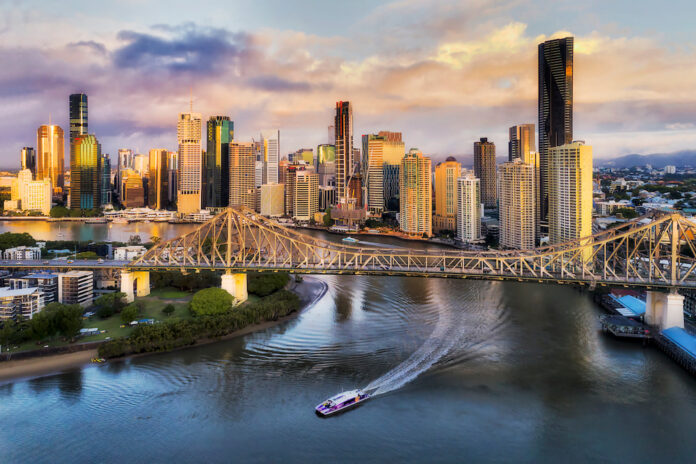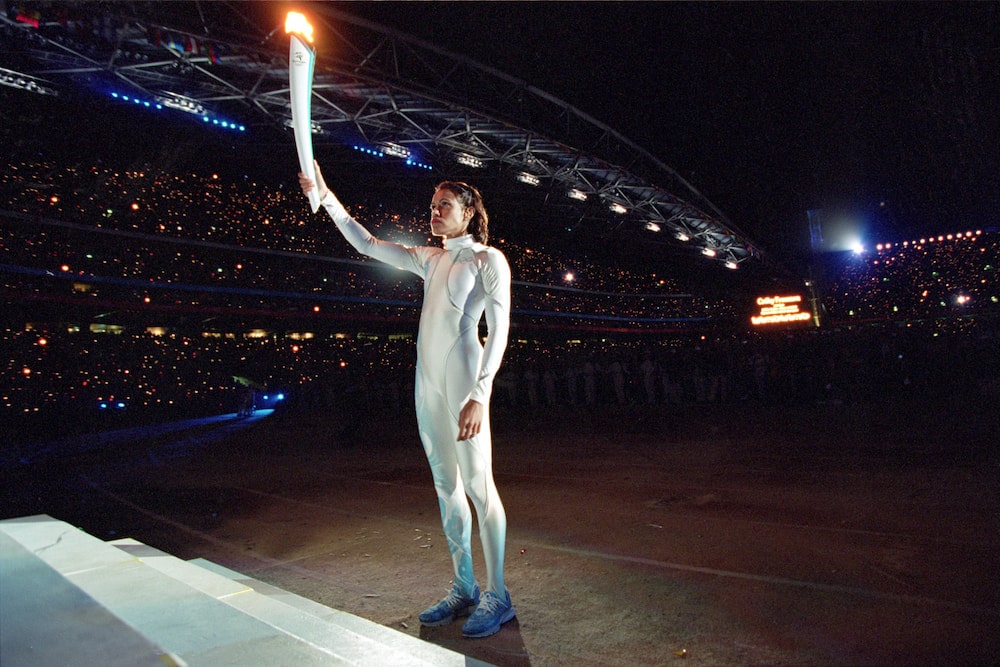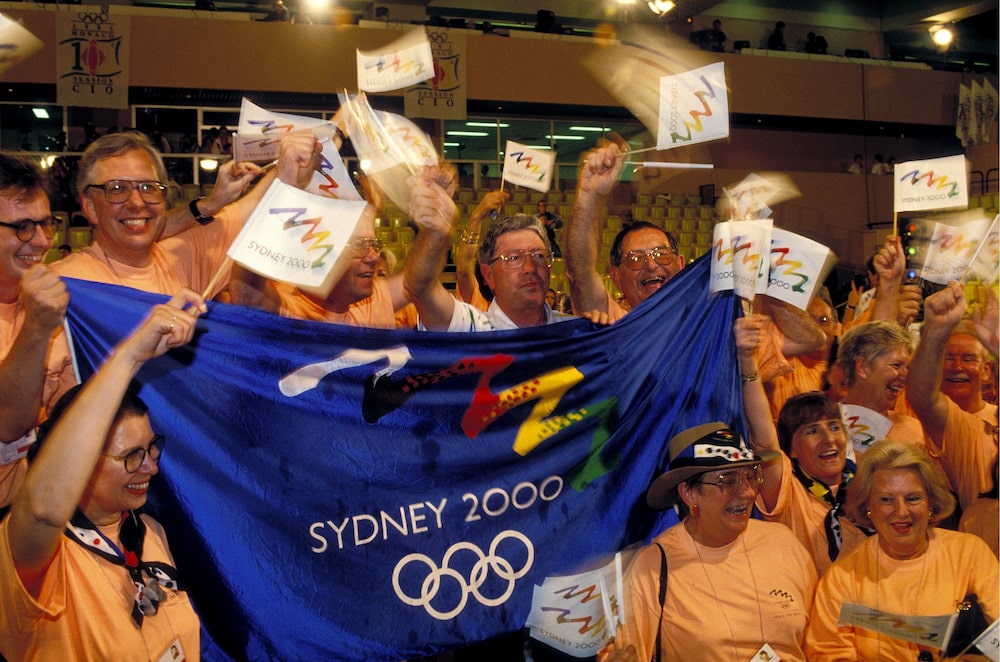
It was announced overnight that the International Olympic Committee (IOC) will enter into a “targeted dialogue” with the Brisbane/South East Queensland bid to host the 2032 Olympics.
This means the IOC will start more detailed discussions with the Brisbane 2032 Committee and the Australian Olympic Committee (AOC) about their potential to host the 2032 Games.
It does not confirm South East Queensland as hosts, but it is an important step as the IOC has announced it is advancing to “targeted dialogue” with the Brisbane 2032 Committee because of its “very advanced Games concept”.
Australian Sports Commission (ASC) chair Josephine Sukkar said a 2032 South East Queensland Olympic and Paralympic Games can be a “beautiful beacon on the hill for all Australians”.
“For the young boys and girls now enjoying their sport and dreaming of representing their country, this is an announcement that makes the possibility of a home Games more accessible and real,” she said.
“A home Games would be a driver for increased sport participation too.”
Ms Sukkar said a home Games can also show the wonderful power of sport to influence lives and communities far beyond the competitive arena.
“I was lucky enough to be at the 2000 Sydney Olympics for Cathy Freeman’s gold medal race and for the Opening and Closing Ceremonies. But my personal highlights are the memories of my late father, a volunteer doctor at the 2000 Games, who was able to enjoy that experience of a lifetime with thousands of other volunteers,” she said.
“I still have my father’s volunteer uniform from the Sydney Olympics and treasure it.”

A home Games on the horizon gives young Australian athletes an international showcase event in their own backyard to aspire to.
As well, sports administrators would hope Australia is able to compete well and punch above their weight at a Brisbane Olympics in the same way the nation did at Sydney.
Australian Institute of Sport (AIS) CEO Peter Conde said Australia was well placed to host a successful Games, courtesy of the National Institute Network “enhancing collaboration” between the national body and state and territory partners.
“It was just over a year ago that we signed a united high-performance strategy for the first time in history. This collective approach can become Australian sport’s greatest competitive advantage,” he said.
“We also commend the Australian Government for believing in the AIS vision and our future Australian athletes by boosting funding to development pathways and athlete wellbeing.”
According to the IOC, the main reasons Brisbane 2032 was proposed for the targeted dialogue is because of, but not limited to:
- Their “very advanced Games concept”, which will utilise 80% to 90% existing or temporary venues;
- The city’s high level of experience in hosting major international sports events;
- The favourable climate conditions for athletes in July and August;
- Australia’s sporting success throughout modern Olympic history;
- And Brisbane’s existing hotel accommodation inventory, which already meets Games requirements.
IOC President Thomas Bach said the commitment of Australia and Oceania to Olympic sports has “grown remarkably” since the Sydney 2000 Olympics.
“This is why we see such strong public support. We decided to seize an opportunity to take to the next stage our discussions about returning 32 years later,” he said.
Australia has previously hosted the Olympic Games twice, with Melbourne hosting in 1956 and Sydney in 2000, meaning Brisbane hosting the games of the XXXV Olympiad would see it return to the continent after 32 years.

For more sport:








